Home>Garden Essentials>How To Use Milk Thistle Seeds For Tea
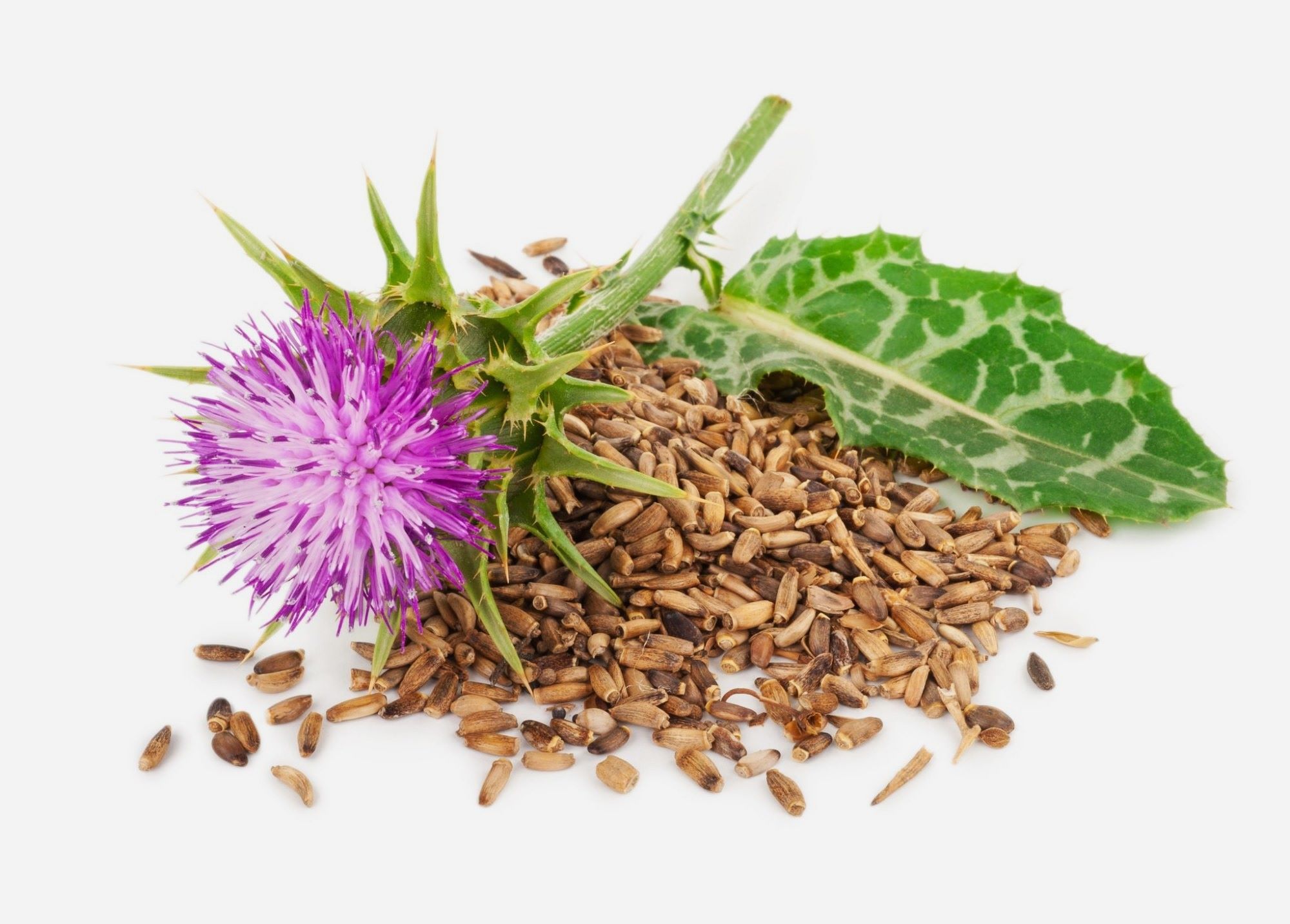

Garden Essentials
How To Use Milk Thistle Seeds For Tea
Modified: March 16, 2024
Learn how to incorporate milk thistle seeds from your garden into a soothing and detoxifying tea for optimal health benefits.
(Many of the links in this article redirect to a specific reviewed product. Your purchase of these products through affiliate links helps to generate commission for Storables.com, at no extra cost. Learn more)
Introduction
Welcome to the world of herbal teas! If you’re a fan of natural remedies and enjoy exploring the benefits of different plants, then you’re in for a treat. In this article, we’ll be delving into the fascinating realm of milk thistle seeds and how they can be used to make a delicious and healthful tea.
Milk thistle, also known as Silybum marianum, is a flowering plant that has been valued for centuries for its medicinal properties. Native to the Mediterranean region, milk thistle has a long history of use in traditional medicine for a variety of ailments, particularly in relation to liver health.
The most prized part of the milk thistle plant are its seeds, which contain a compound called silymarin. Silymarin is a powerful antioxidant that has been extensively studied for its potential therapeutic effects. Milk thistle seeds are often used in herbal remedies, including the preparation of teas.
So why should you consider incorporating milk thistle tea into your daily routine? The answer lies in the many benefits it offers. From supporting liver health to aiding digestion and promoting detoxification, milk thistle tea is a powerful herbal potion that can provide numerous wellness advantages.
In the following sections, we’ll explore the benefits of milk thistle seeds in more detail, learn how to properly prepare milk thistle tea, and discuss some important considerations and potential side effects. So grab your favorite mug and get ready to discover the wonders of milk thistle tea!
Key Takeaways:
- Milk thistle tea supports liver health, reduces inflammation, and aids digestion. Enjoy its earthy flavor and potential health benefits as part of a holistic wellness routine.
- When making milk thistle tea, use high-quality seeds, experiment with flavors, and consult a healthcare professional if needed. Enjoy in moderation for a soothing and beneficial herbal experience.
Read more: How To Prepare Milk Thistle Seeds
What is milk thistle?
Milk thistle, scientifically known as Silybum marianum, is a flowering herb that belongs to the daisy family. It is native to the Mediterranean region but can now be found growing in various parts of the world.
What makes milk thistle special are its seeds, which have been used for centuries for their medicinal properties. These seeds contain a bioflavonoid complex called silymarin, which is the active ingredient responsible for many of the plant’s health benefits.
Traditionally, milk thistle has been used as a natural remedy for liver disorders. It is believed to have hepatoprotective properties, meaning it can protect and support the liver. The liver plays a crucial role in detoxification as it filters harmful substances from the bloodstream. Milk thistle is believed to enhance liver function and promote the regeneration of liver cells.
In addition to its hepatoprotective properties, milk thistle also has antioxidant and anti-inflammatory effects. The silymarin in milk thistle seeds can help reduce inflammation in the body by inhibiting the release of pro-inflammatory compounds. This makes it useful in managing conditions such as arthritis and inflammatory bowel diseases.
Furthermore, milk thistle has been studied for its potential anticancer properties. Silymarin has been found to inhibit the growth of cancer cells in various types of cancer, including breast, prostate, and colorectal cancer. While more research is needed, these preliminary findings suggest that milk thistle may have a role to play in cancer prevention and treatment.
It’s important to note that while milk thistle has a long history of traditional use and promising research, it is not a substitute for medical treatment. If you have any health concerns or are on medication, it’s always best to consult with a healthcare professional before incorporating milk thistle into your routine.
Now that we have a better understanding of what milk thistle is and its potential benefits, let’s explore how we can harness the power of milk thistle seeds by brewing a cup of nourishing milk thistle tea.
Benefits of milk thistle seeds
Milk thistle seeds are a powerhouse of nutrients and bioactive compounds, making them a valuable addition to any herbal tea regimen. Let’s take a closer look at some of the key benefits of milk thistle seeds:
- Liver support: One of the most well-known benefits of milk thistle seeds is their ability to support liver health. The active compound silymarin helps protect liver cells from damage caused by toxins, alcohol, and certain medications. It also promotes the production of new liver cells, aiding in the liver’s natural detoxification processes.
- Antioxidant properties: Milk thistle seeds are rich in antioxidants that help protect the body from oxidative stress. Oxidative stress occurs when there is an imbalance between free radicals and antioxidants in the body, leading to cellular damage. The antioxidants in milk thistle seeds, particularly silymarin, neutralize free radicals and reduce oxidative stress, which may help prevent chronic diseases like heart disease and certain cancers.
- Anti-inflammatory effects: Inflammation is a natural response of the body to injury or infection. However, chronic inflammation can contribute to the development of various diseases. Milk thistle seeds have anti-inflammatory properties that can help reduce inflammation in the body, potentially benefiting conditions such as arthritis, asthma, and inflammatory bowel diseases.
- Cholesterol management: Studies have shown that milk thistle seeds may have a positive impact on cholesterol levels. Silymarin can help lower LDL cholesterol (often referred to as “bad” cholesterol) while increasing HDL cholesterol levels (“good” cholesterol). By promoting a healthy cholesterol profile, milk thistle seeds may reduce the risk of cardiovascular diseases.
- Digestive support: Milk thistle seeds have been used for centuries to support digestion and address various digestive issues. The compounds in milk thistle seeds stimulate bile production, which aids in the breakdown and absorption of fats. This can help alleviate symptoms of indigestion, bloating, and fatty liver.
- Diabetes management: Preliminary research suggests that milk thistle seeds may have a positive effect on blood sugar levels. Silymarin has been found to improve insulin sensitivity, reduce insulin resistance, and lower blood glucose levels. While more research is needed, incorporating milk thistle seeds into your diet may be beneficial for individuals with diabetes or at risk of developing the condition.
With such a wide range of potential benefits, it’s no wonder that milk thistle seeds have gained popularity in the world of natural health. Now let’s move on to the next section, where we’ll learn how to prepare milk thistle tea to harness these incredible benefits.
Preparing milk thistle tea
Making milk thistle tea is a simple and enjoyable process that allows you to unlock the health benefits of milk thistle seeds. Here are the steps to prepare a delicious cup of milk thistle tea:
- Gather the ingredients: To make milk thistle tea, you will need milk thistle seeds, filtered water, and any additional herbs or flavorings of your choice, such as lemon or honey.
- Measure the ingredients: For a single serving of milk thistle tea, you can start with 1 teaspoon of milk thistle seeds. Adjust the amount according to your taste preferences and desired strength.
- Grind or crush the seeds: Milk thistle seeds have a hard outer shell, which may make it challenging for the active compounds to release during brewing. To enhance their potency, you can grind the seeds using a mortar and pestle or a coffee grinder. Alternatively, you can crush them using the back of a spoon.
- Boil the water: Bring about 1 cup of filtered water to a rolling boil in a pot or kettle. Boiling water helps extract the beneficial compounds from milk thistle seeds.
- Add the seeds to the water: Once the water reaches boiling point, add your crushed or ground milk thistle seeds to the pot. Stir gently to ensure that the seeds are well-distributed in the water.
- Simmer and steep: Reduce the heat to low and allow the mixture to simmer for 10-15 minutes. This simmering process helps to infuse the water with the goodness of the milk thistle seeds. Cover the pot to retain the steam and prevent valuable volatile compounds from escaping.
- Strain and serve: After simmering, remove the pot from the heat and strain the tea to separate the liquid from the seeds. You can use a fine-mesh strainer or a cheesecloth to achieve a clear and smooth tea. Pour the tea into your favorite mug and consider adding a squeeze of lemon or a drizzle of honey for added flavor.
Now that you know how to prepare milk thistle tea, let’s move on to additional tips and considerations to make the most out of your tea-drinking experience.
When making milk thistle seed tea, use 1 teaspoon of crushed seeds per cup of hot water. Let it steep for 10-15 minutes, then strain and enjoy.
Steps to make milk thistle tea
Creating a soothing cup of milk thistle tea is a simple process that can be enjoyed any time of the day. Here are the steps to follow:
- Gather your ingredients: For a single serving of milk thistle tea, you will need 1 teaspoon of milk thistle seeds, filtered water, and any additional flavorings you prefer, such as lemon or honey.
- Prepare your tea-making equipment: Get a small saucepan and a fine-mesh strainer. These will be used to steep and strain your tea.
- Crush or grind the milk thistle seeds: The hard outer shell of milk thistle seeds can inhibit the release of their beneficial compounds. Use a mortar and pestle or a coffee grinder to crush or grind the seeds, ensuring better extraction of the active ingredients.
- Boil the water: Bring 1 cup of filtered water to a boil in the saucepan. Boiling water helps extract the medicinal properties of the milk thistle seeds.
- Add the crushed seeds to the water: Once the water reaches a rolling boil, reduce the heat to low and add the crushed milk thistle seeds to the saucepan. Stir the mixture gently to evenly distribute the seeds.
- Simmer and steep the tea: Allow the tea to simmer on low heat for 10-15 minutes, giving the seeds enough time to release their therapeutic compounds. Cover the saucepan with a lid to retain the heat and prevent the evaporation of valuable oils.
- Strain the tea: After simmering, remove the saucepan from the heat and let it cool for a minute. Place the fine-mesh strainer over your teacup or mug, then carefully pour the tea through the strainer to separate the liquid from the seeds. Press lightly on the seeds with a spoon to extract any remaining liquid.
- Enhance the flavor (optional): If desired, you can add a squeeze of fresh lemon juice or a drizzle of honey to enhance the flavor of your milk thistle tea. Stir gently to incorporate the added ingredients.
- Serve and enjoy: Finally, sit back, relax, and savor your freshly brewed milk thistle tea. Take in its earthy and slightly bitter taste, knowing that you are benefiting from its numerous health-boosting properties.
Experiment with different brewing times and flavor combinations to find your perfect cup of milk thistle tea. Remember to consult with a healthcare professional if you have any underlying health concerns or if you are on any medication to ensure that milk thistle tea is suitable for you. Now, let’s explore some additional tips and considerations when preparing milk thistle tea.
Read more: What Bird Eats Thistle Seed
Additional tips and considerations
When preparing milk thistle tea, there are a few additional tips and considerations to keep in mind to ensure the best possible experience:
- Quality of milk thistle seeds: Ensure that you are using high-quality milk thistle seeds sourced from a reputable supplier. Look for organic or wildcrafted seeds to minimize the risk of contaminants or pesticides.
- Proper storage: To maintain the freshness and potency of milk thistle seeds, store them in an airtight container in a cool, dry place away from direct sunlight.
- Personalize your tea: While milk thistle tea can be enjoyed on its own, you can get creative and experiment with flavor combinations. Add herbs like chamomile or mint for a refreshing twist, or incorporate spices like cinnamon or ginger for an added kick.
- Brewing time: The recommended simmering time for milk thistle tea is 10-15 minutes. However, you can adjust the brewing time to your preference. Shorter steeping may result in a milder flavor, while longer steeping may intensify the herbal profile.
- Other uses for milk thistle seeds: In addition to making tea, milk thistle seeds can be used in culinary applications. They can be ground and added to smoothies, sprinkled on salads, or incorporated into baked goods for an extra nutritional boost.
- Consultation with a healthcare professional: If you have any pre-existing health conditions, are pregnant or breastfeeding, or are taking medications, it’s important to consult with a healthcare professional before adding milk thistle tea to your routine. They can provide personalized guidance based on your specific circumstances.
- Listen to your body: Pay attention to how your body responds to milk thistle tea. While it is generally safe for most people when consumed in moderation, some individuals may experience mild gastrointestinal discomfort or allergic reactions. If you notice any adverse effects, discontinue use and seek medical advice.
- Consistency is key: Like with any natural remedy, the benefits of milk thistle tea are more pronounced when consumed regularly over time. Consider incorporating it into your daily routine to maximize its potential health benefits.
Remember, milk thistle tea is not a miracle cure, but rather a supportive addition to a healthy lifestyle. Enjoy the process of making and savoring your cup of milk thistle tea, and embrace the potential wellness benefits it may offer.
With all these considerations in mind, we conclude our exploration of milk thistle tea. Incorporate this delightful herbal infusion into your routine and embark on a journey to experience the wonders of milk thistle seeds.
Potential side effects and precautions
While milk thistle is generally considered safe for most people, it’s important to be aware of potential side effects and take certain precautions when using milk thistle seeds or consuming milk thistle tea. Here are some considerations to keep in mind:
- Allergic reactions: Some individuals may be allergic to milk thistle or other plants in the same family, such as ragweed, daisies, or marigolds. If you have known allergies to these plants, exercise caution when using milk thistle and discontinue use if you experience any allergic symptoms, such as itching, rash, or difficulty breathing.
- Interactions with medications: Milk thistle may interact with certain medications, particularly those metabolized by the liver. It is important to consult with a healthcare professional if you are taking prescription medications, as milk thistle may affect their effectiveness or increase the risk of side effects.
- Gastrointestinal upset: In some cases, milk thistle may cause mild gastrointestinal discomfort, such as bloating, gas, or diarrhea. If you experience any digestive disturbances after consuming milk thistle tea, reduce the dosage or discontinue use.
- Hormonal effects: Milk thistle has hormonal activity and may affect hormone levels in the body. If you have a hormone-sensitive condition, such as estrogen-dependent cancers or endometriosis, it is important to speak with a healthcare professional before using milk thistle.
- Not recommended during pregnancy and breastfeeding: Due to limited research on the effects of milk thistle on pregnant and breastfeeding women, it is generally recommended to avoid milk thistle during these periods. Consult with a healthcare professional for personalized advice.
- Quality and purity: Ensure that you are using high-quality milk thistle seeds from a trusted source. Look for organic or wildcrafted options to minimize the risk of contaminants or pesticides.
- Moderation is key: While milk thistle tea can offer benefits, it’s important to consume it in moderation. Excessive intake may have unintended effects or interactions with other substances, so follow the recommended dosages and guidelines provided by healthcare professionals or reputable sources.
- Individual considerations: It’s essential to consider your own unique health status and consult with a healthcare professional before incorporating milk thistle tea into your routine. They can provide personalized guidance based on your specific circumstances.
As with any herbal remedy, it’s crucial to listen to your body and monitor how it responds. If you experience any adverse effects or have concerns about using milk thistle, seek medical advice promptly.
By being aware of these potential side effects and taking necessary precautions, you can enjoy milk thistle tea safely and make informed decisions about its use. Now, let’s conclude our exploration of milk thistle tea.
Conclusion
In conclusion, milk thistle tea is a natural herbal beverage that offers a variety of potential health benefits. Derived from the seeds of the milk thistle plant, this tea is known for its liver-supporting properties, antioxidant effects, anti-inflammatory benefits, and potential role in managing cholesterol levels and promoting digestion.
By incorporating milk thistle tea into your daily routine, you can harness the power of its active compound, silymarin, to support your overall well-being. Whether you’re seeking to improve liver health, boost antioxidant protection, or simply enjoy a warm and comforting herbal beverage, milk thistle tea can be a valuable addition to your herbal tea collection.
When preparing milk thistle tea, remember to source high-quality seeds, grind or crush them for optimal extraction, and experiment with flavor combinations to suit your taste preferences. Considerations such as proper storage, potential interactions with medications, and consulting with a healthcare professional are also important to ensure a safe and personalized experience.
As with any herbal remedy, moderation is key. Listen to your body, pay attention to any potential side effects, and adjust your consumption accordingly. By doing so, you can safely enjoy the benefits of milk thistle tea as part of a holistic approach to wellness.
So, why not embark on a journey of exploring milk thistle tea? Brew yourself a steaming cup, take a moment to unwind, and savor the earthy flavors while knowing that you’re doing something beneficial for your body. Cheers to the wonders of milk thistle tea and the natural remedies that nature graciously provides!
Frequently Asked Questions about How To Use Milk Thistle Seeds For Tea
Was this page helpful?
At Storables.com, we guarantee accurate and reliable information. Our content, validated by Expert Board Contributors, is crafted following stringent Editorial Policies. We're committed to providing you with well-researched, expert-backed insights for all your informational needs.
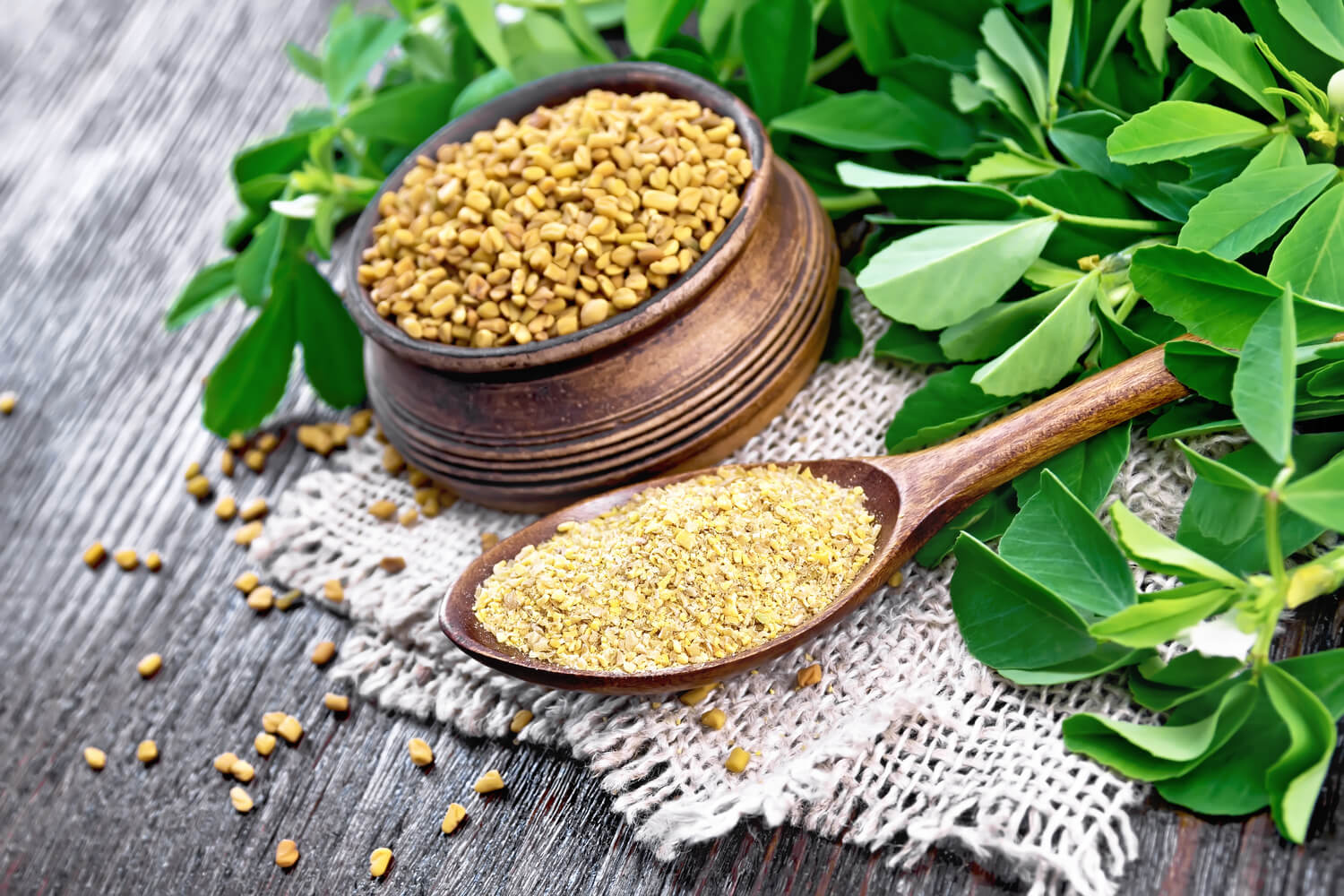
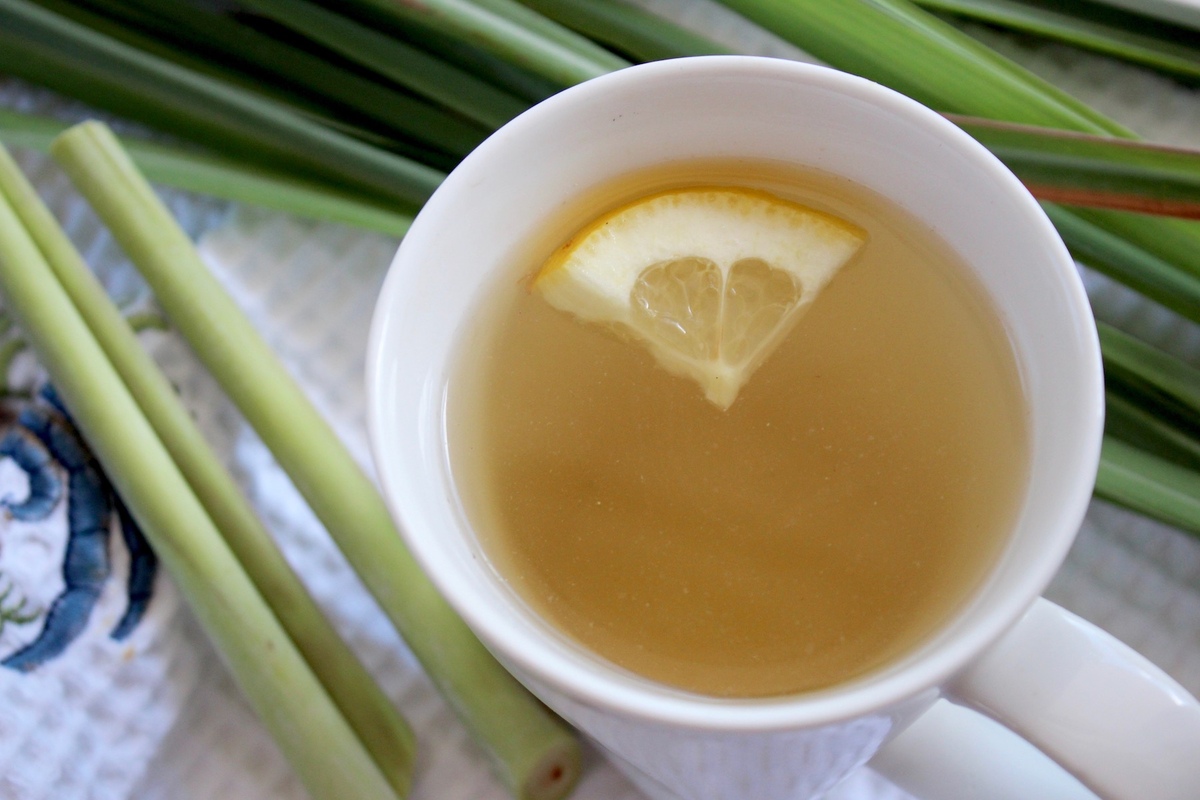
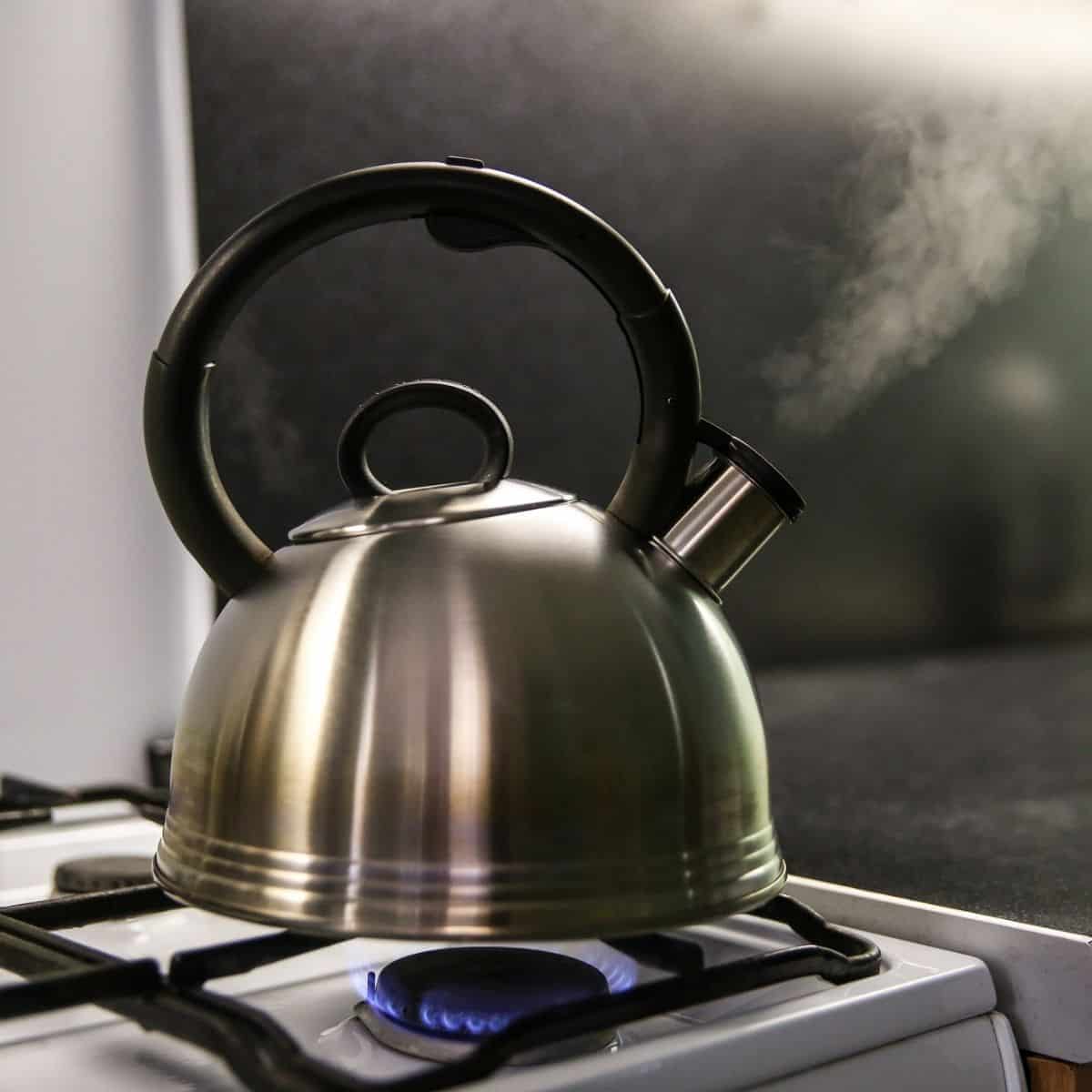
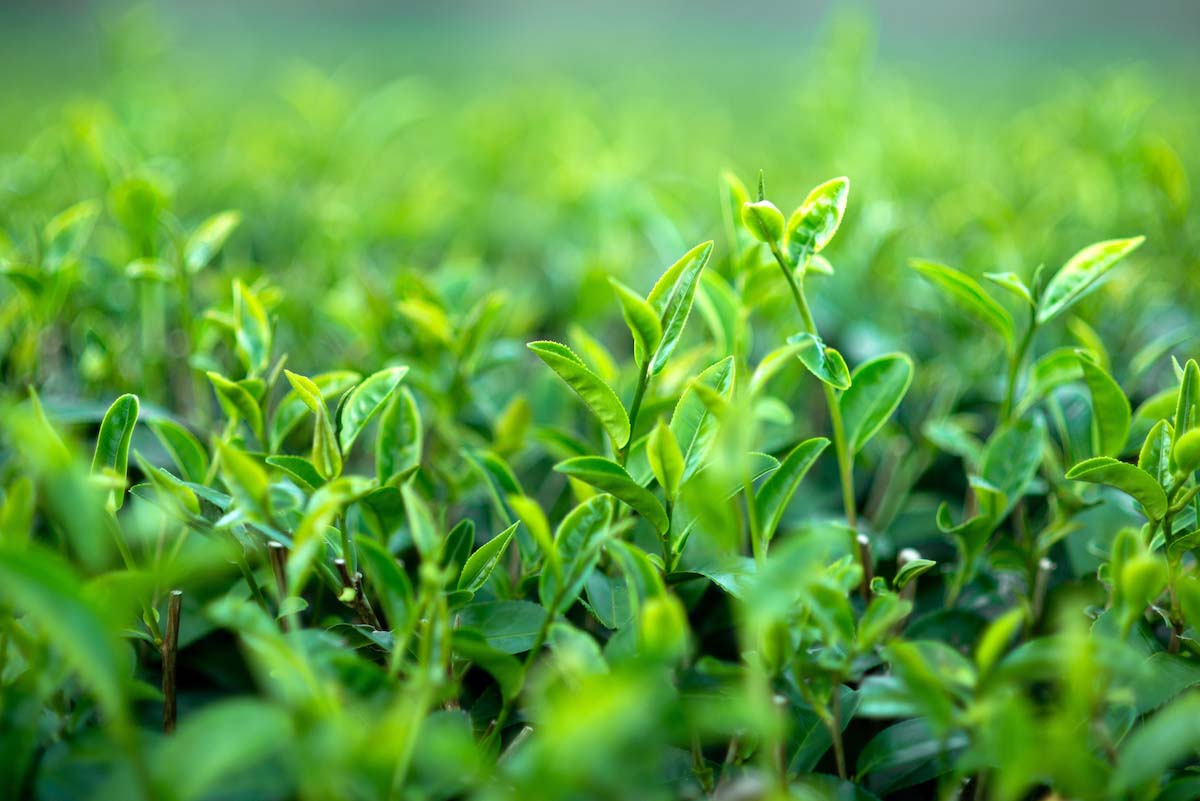
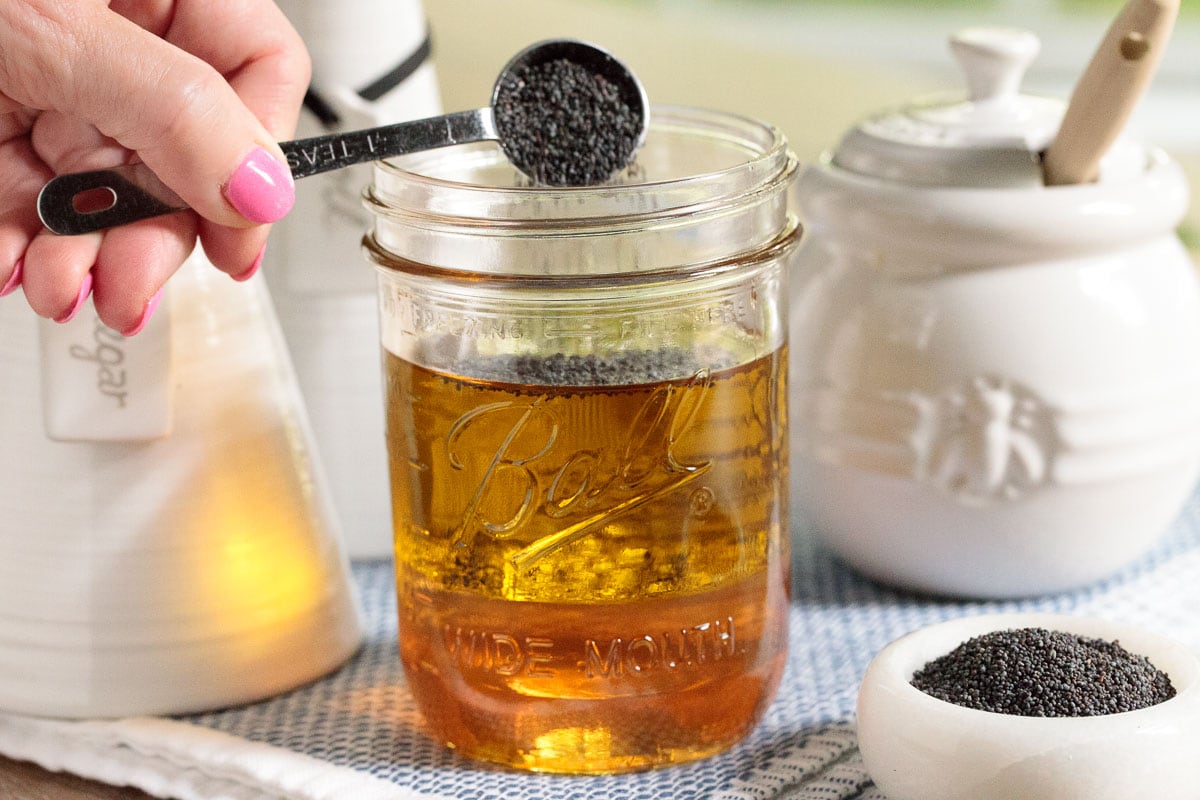
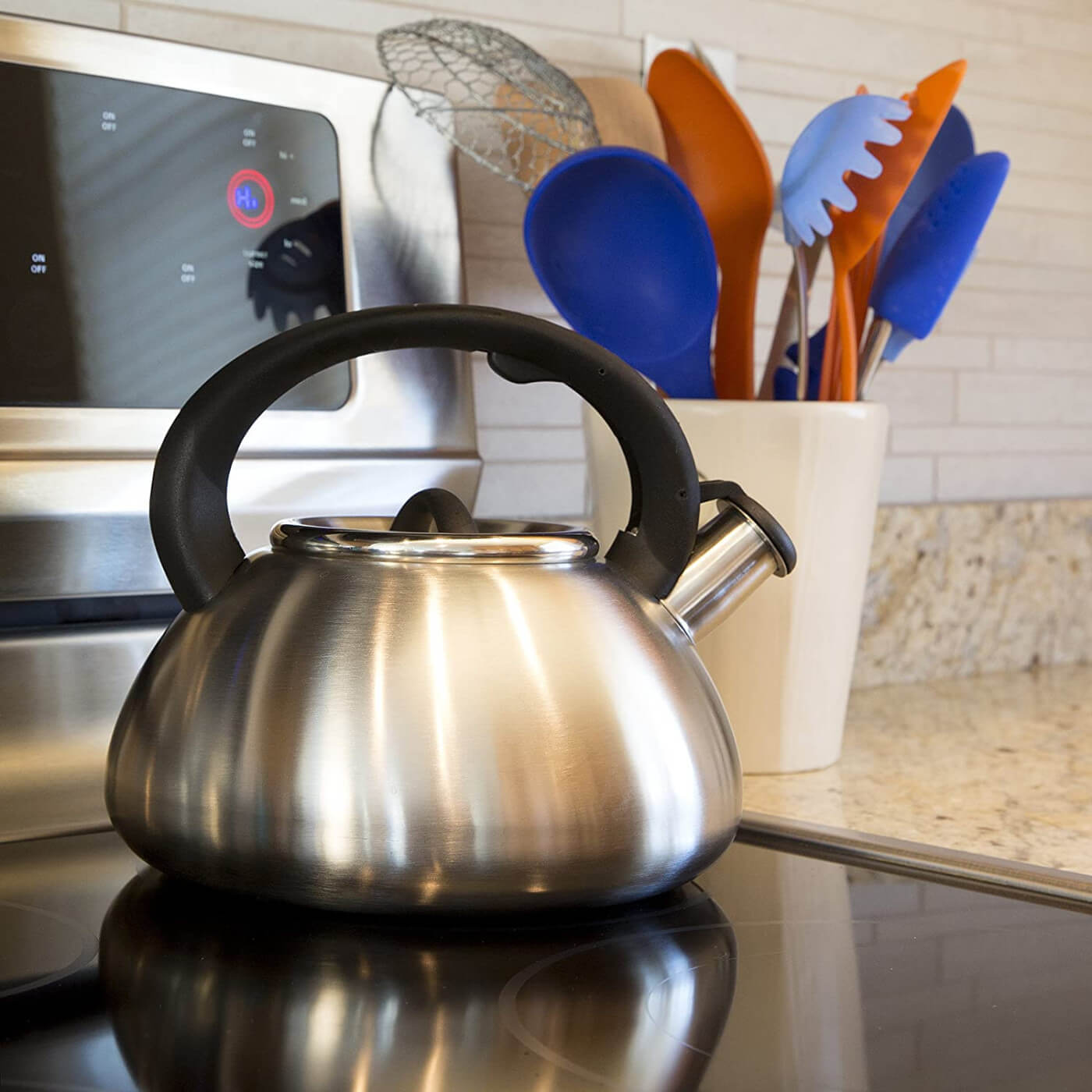
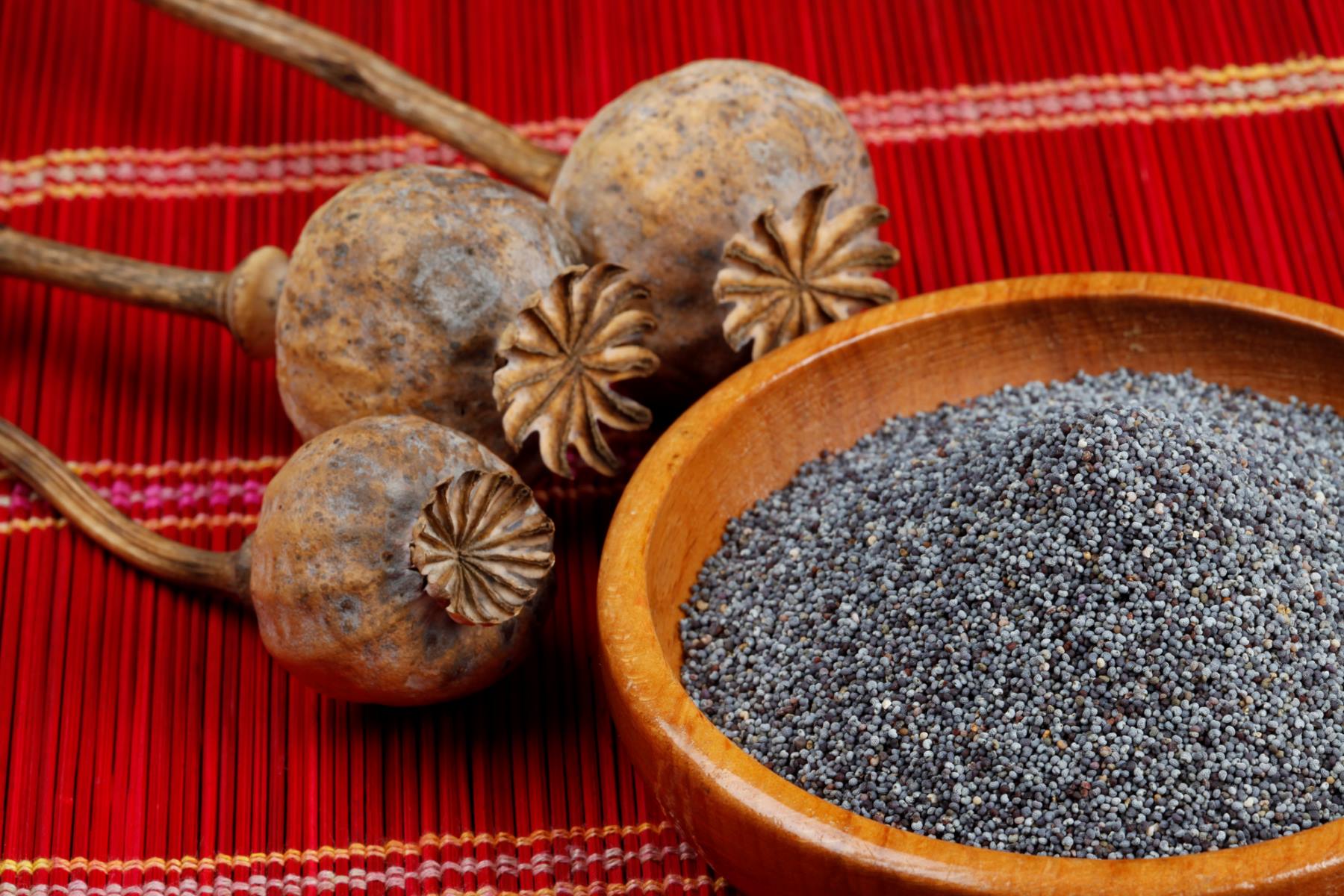
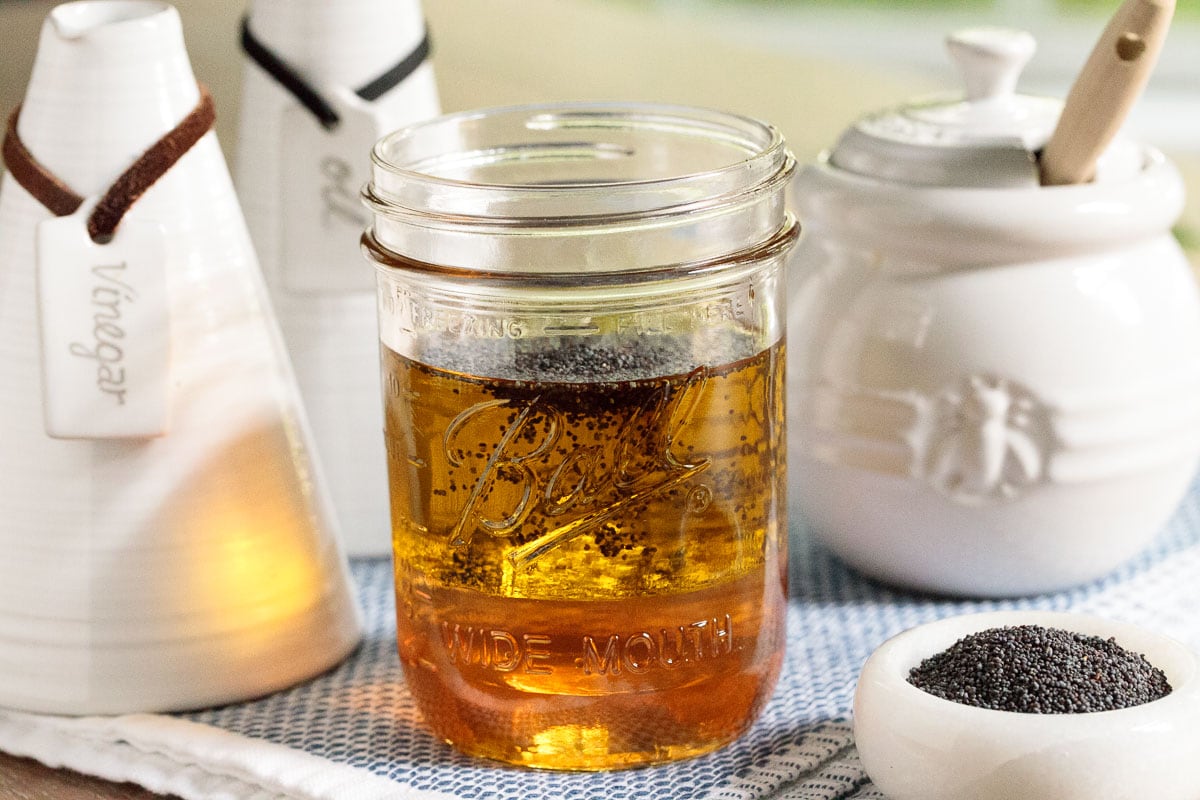
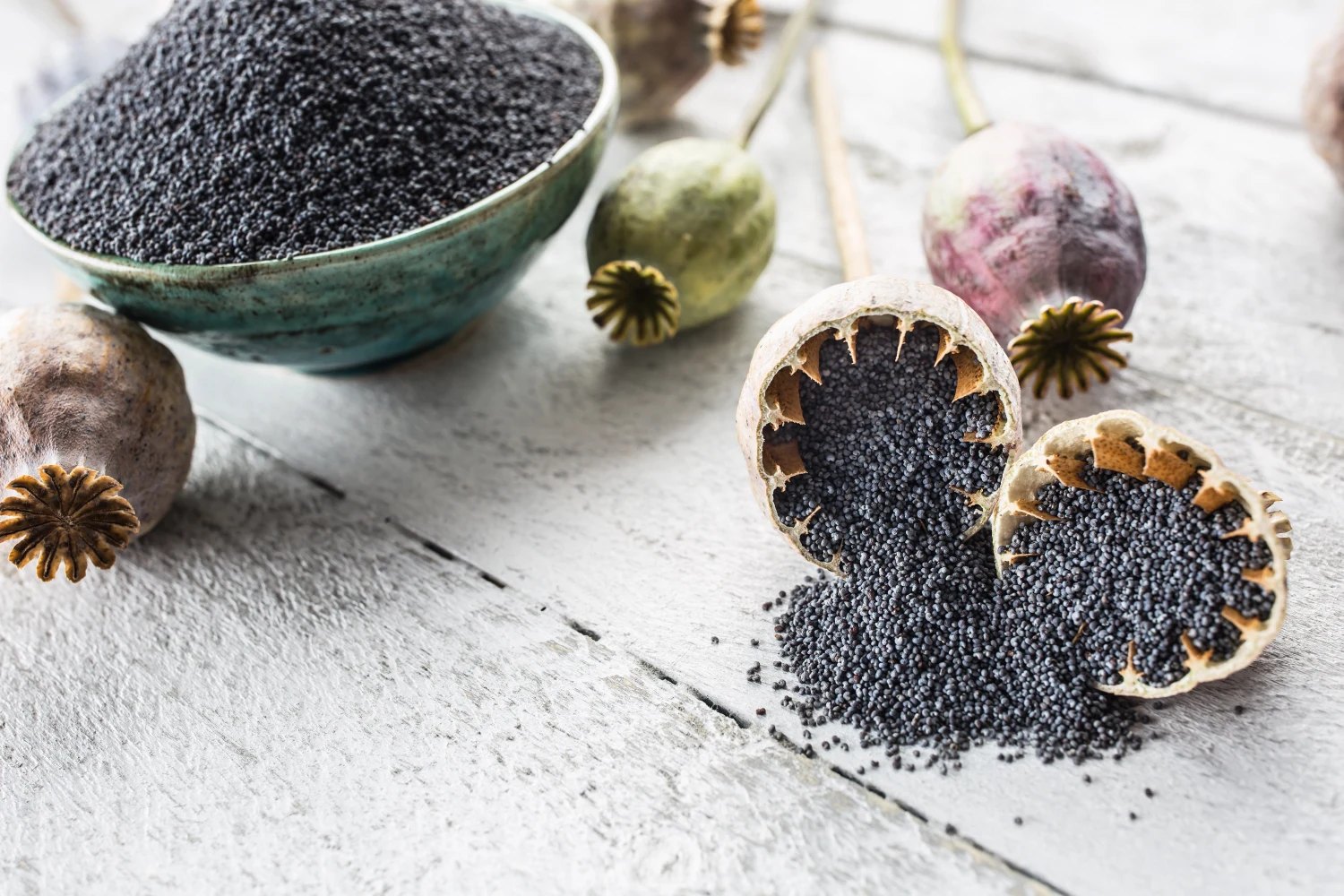
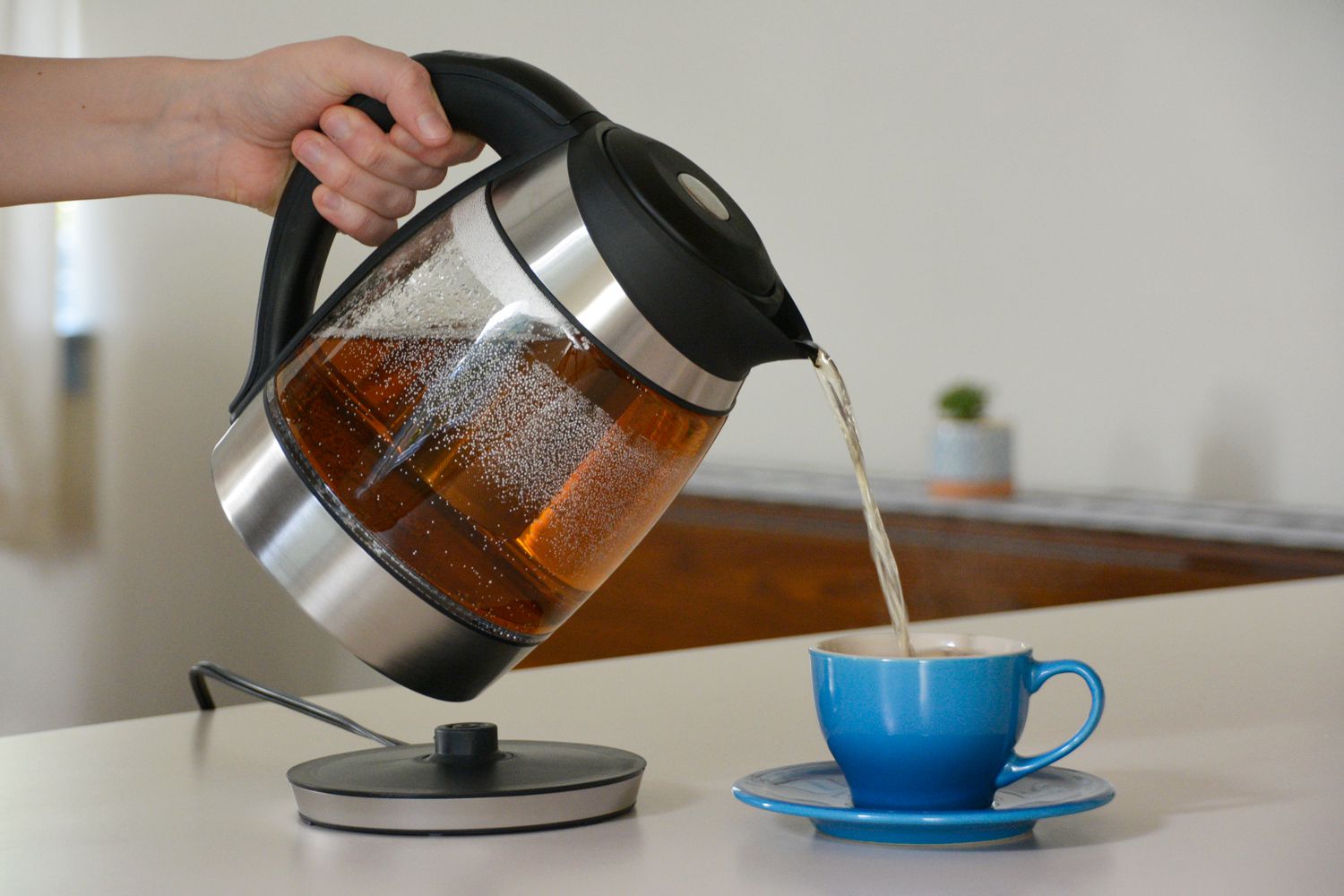
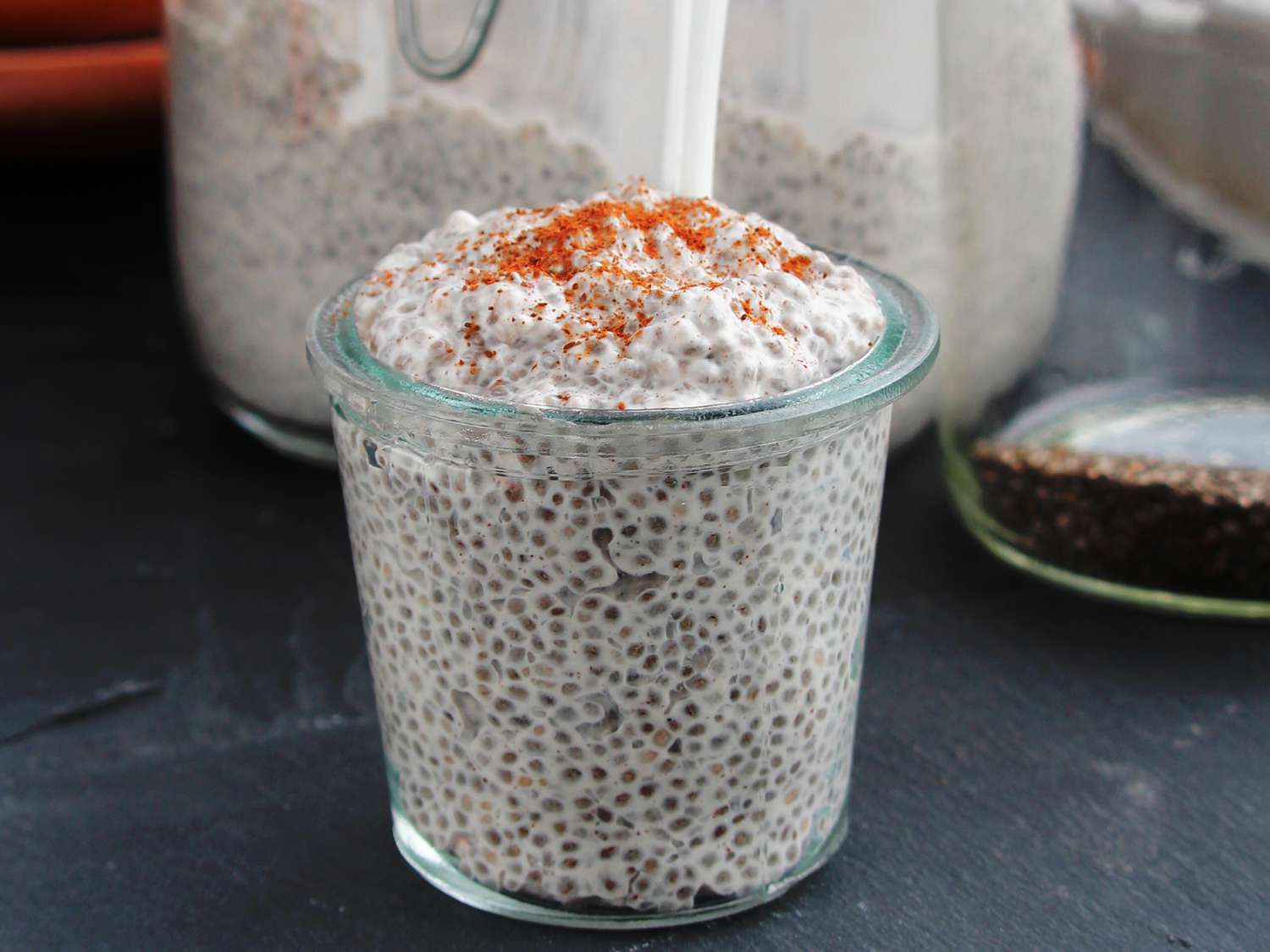
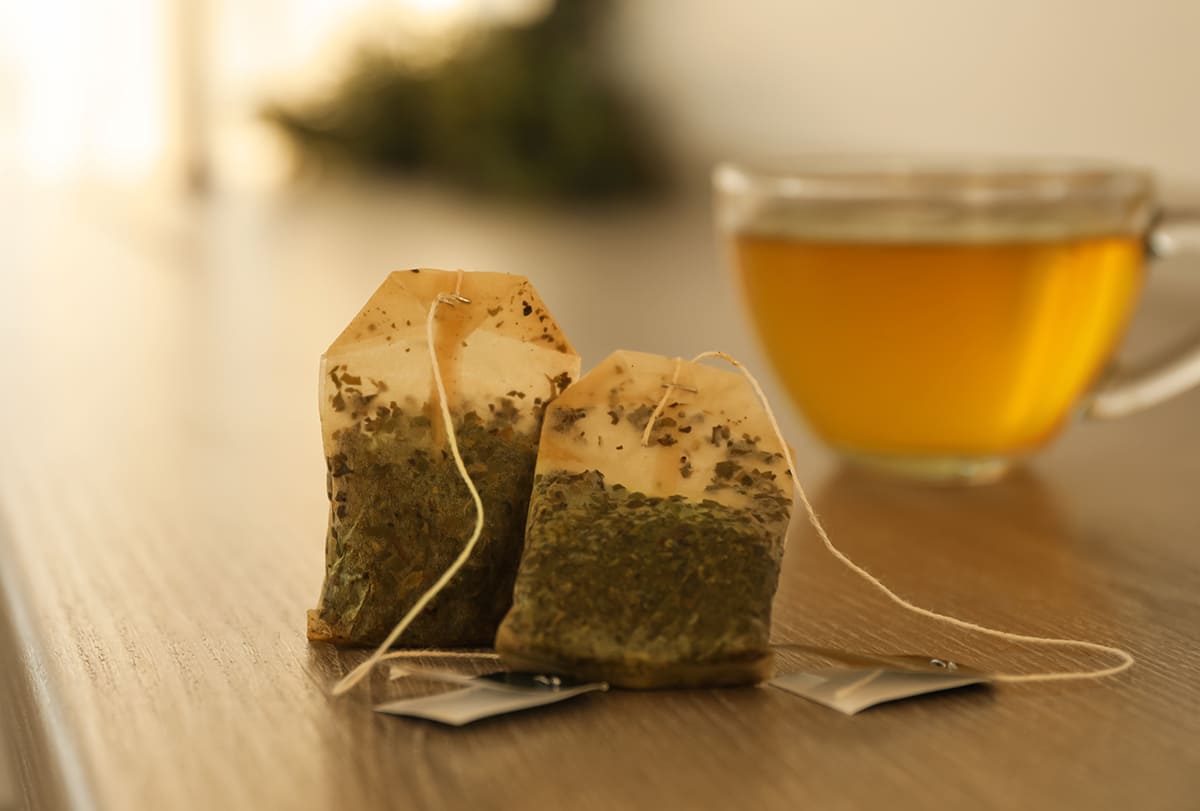

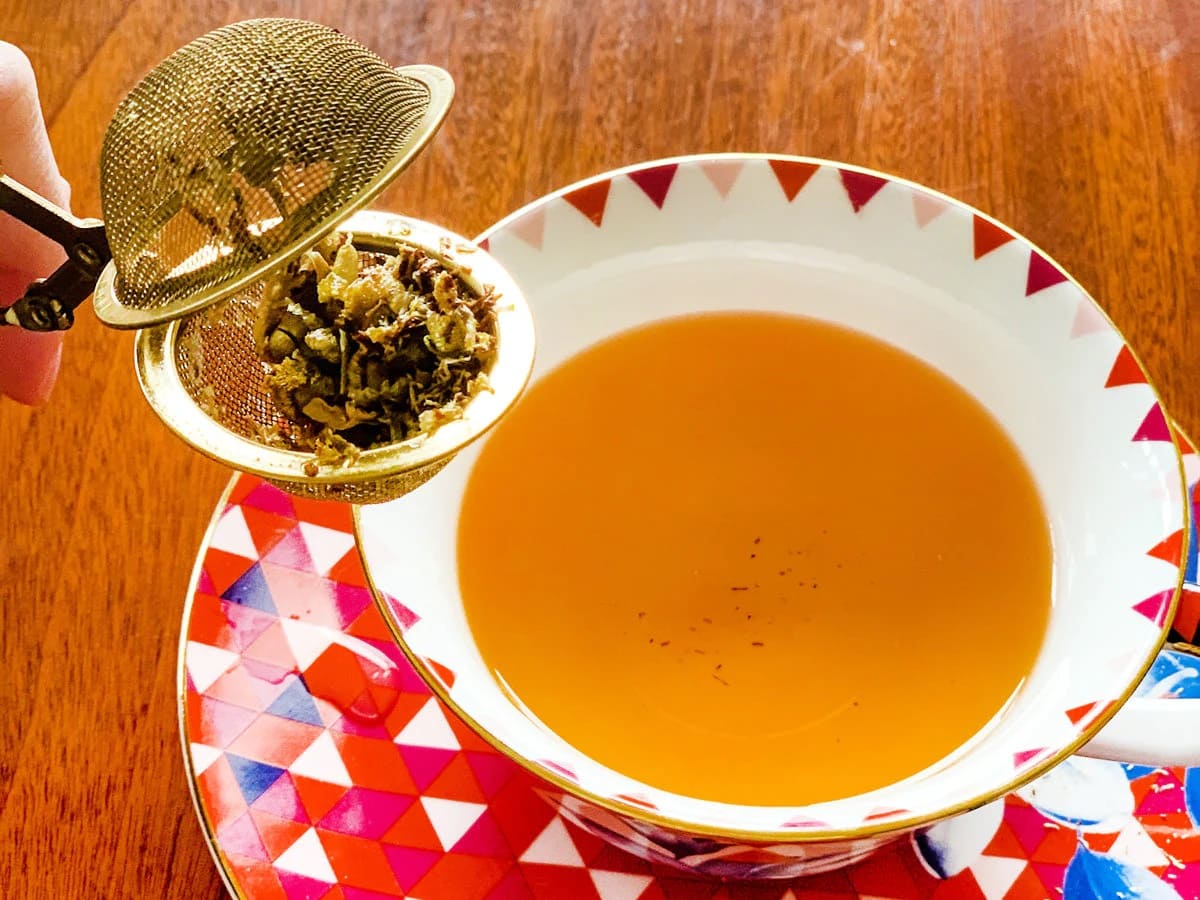

0 thoughts on “How To Use Milk Thistle Seeds For Tea”